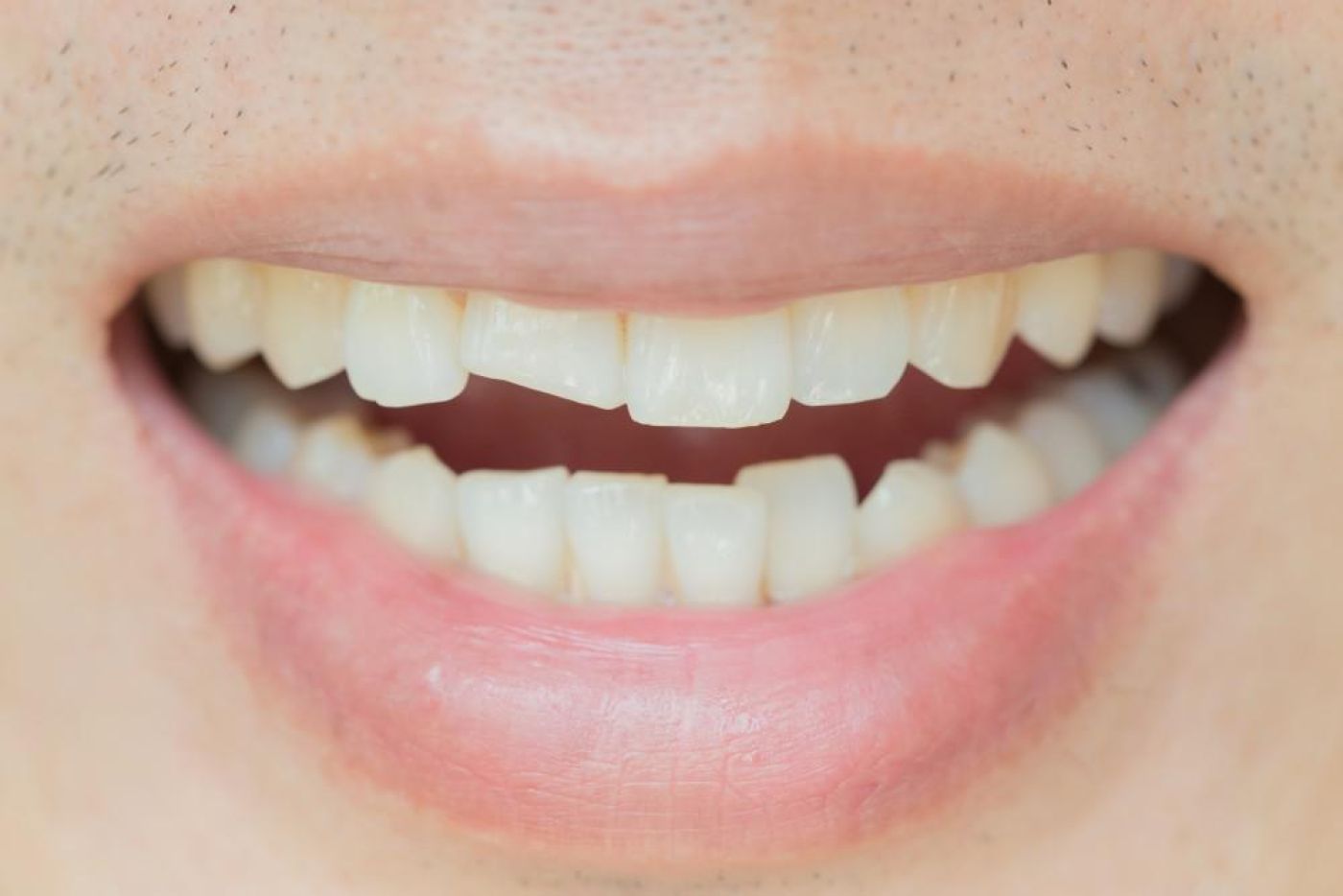Is Your Tooth Sensitive to Hot or Cold? It Could Be Cracked

Tooth sensitivity can stem from several causes, some minor, others more serious. The best thing to do if you notice a tooth hurting when you eat or drink something hot or cold is to make a dental appointment to find out what’s going on.
At AnnMarie Olson DDS PA, in Austin, Texas, Dr. AnnMarie Olson and Dr. Kacie Culotta and their team are familiar with the misery of tooth sensitivity, and whether the underlying cause is an infection or a cracked tooth, or something else, our providers and staff are ready to help. You don’t have to live without your favorite foods and beverages.
Potential causes of sensitive teeth
When a substance touches your tooth and causes pain, you have tooth sensitivity. The most common substances that hurt sensitive teeth are sugary, hot, or cold foods and beverages.
Some people may have pain when they brush their teeth or use an alcohol-based mouthwash. Tooth sensitivity can also arise following whitening treatments.
One of the main causes of tooth sensitivity, though, is having a tiny crack, one so small you can’t see it, in your tooth. Other potential causes include:
- A cavity
- A loose filling
- A chipped tooth
- An exposed root
- Damaged or infected pulp
- Eroded enamel
Over time, the hard, protective enamel coating on your teeth erodes. This happens more quickly if you brush your teeth too hard, or consume things like citrus juices, sodas, or sour candies that have a high acid content.
Why a crack makes your tooth sensitivity
Even the smallest crack can cause tooth sensitivity. There are a few reasons.
Your pulp is vulnerable
A crack in your tooth allows substances to reach the dentin, which is the softer material under the hard enamel coating on your teeth. Once a hot, cold, sugary, or acidic food or drink reaches your dentin, it can reach the pulp.
Your pulp is the center of your tooth and is connected to your tooth root, where nerves and blood vessels are. When the nerves come into contact with the substance, you feel that shock of sudden pain.
Most of the time, the pain is quick. If it lingers, you may have a more serious problem than a small crack.
Irritated pulp
When you have a crack in your tooth, however small, it weakens your enamel. Chewing causes pressure on what is normally a very strong, solid cover, and it can shift about. That movement irritates the dentin and pulp and causes pain when you chew.
Over time, as the dentin and pulp are slightly irritated with each bite, the pulp becomes inflamed.
Bacteria can get through
If substances you eat and drink can penetrate a crack in your tooth to reach the vulnerable pulp inside, so can bacteria. When bacteria settles in your pulp, it can cause an infection and eventually an abscess.
Prevention and treatment of sensitivity
Good oral hygiene is your shield against tooth sensitivity. Along with daily brushing and flossing, you should have regular visits to your dentist.
Your brushing technique matters too. Harsh brushing can damage your enamel or your gums.
If you have tooth sensitivity, it’s important to find out the cause as soon as you can, so that you don’t develop problems in the pulp of your tooth. You may simply need to use a desensitizing toothpaste or have a fluoride treatment.
Treatment for a cracked tooth
Where your tooth is cracked, the size of the crack, and whether or not the pulp of your tooth is involved are all factors in how we suggest treating a cracked tooth. If you don’t have an infection, you may be a good candidate for a dental crown, a veneer, or dental bonding to repair the crack and strengthen your tooth.
If you’ve got an infection or an abscess, you may need a procedure to drain it or a root canal. An incision to drain the infection and clean the area leaves your entire tooth intact. If you need a root canal, we remove the pulp, clean away the infection, and seal your tooth.
Don’t just live with tooth sensitivity. Those little jolts of pain could be easy to stop if you address them early enough! Schedule an appointment today.



